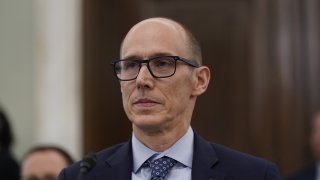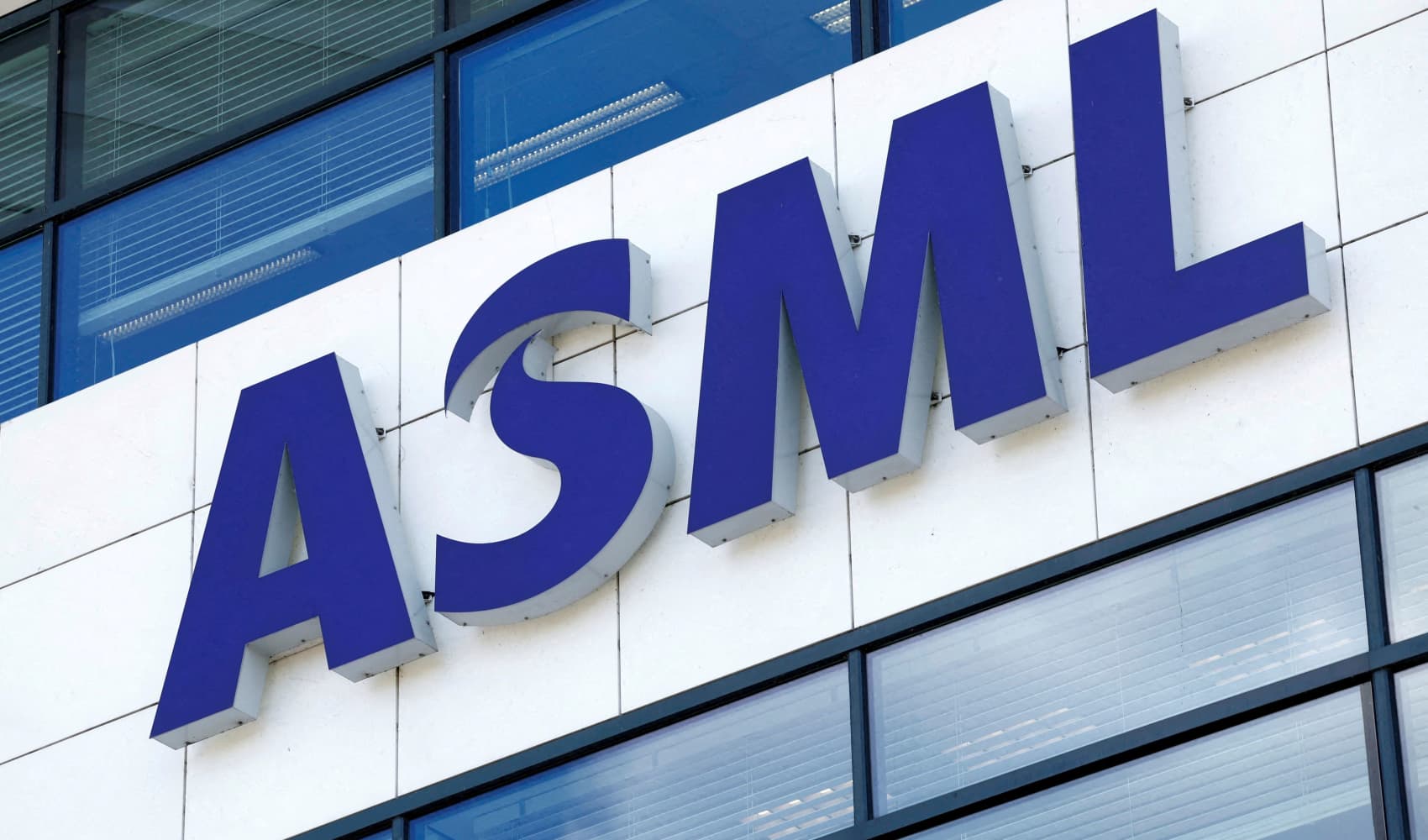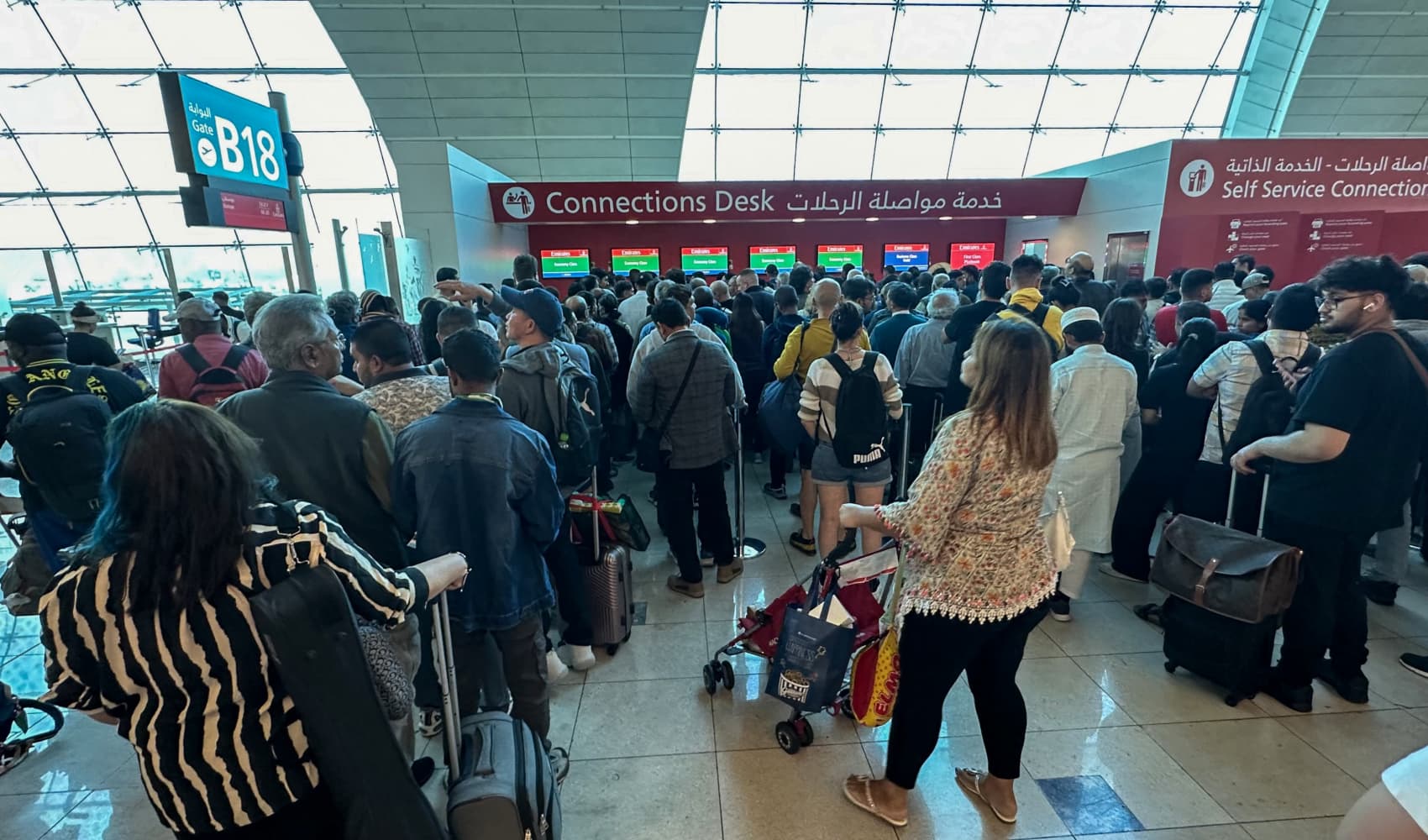
- Southwest's COO apologized before the Senate panel and expressed confidence in technology improvements and the airline's own schedule after the holiday meltdown.
- The Southwest pilots union's president is also testifying and said the carrier ignored warning signs about its operation.
- COO Andrew Watterson told reporters outside of the hearing that executive bonuses would be reduced this year because of the meltdown.
WASHINGTON – Southwest Airlines Chief Operations Officer Andrew Watterson apologized before a Senate panel Thursday for the carrier's December meltdown that stranded thousands of passengers over the holidays.
Watterson said the carrier will have a key software upgrade in place on Friday to avoid a similar event.
"Let me be clear: we messed up. In hindsight, we did not have enough winter operational resilience," Watterson said in prepared testimony. Southwest CEO Bob Jordan had a scheduling conflict and couldn't attend, according to the company.
Get San Diego local news, weather forecasts, sports and lifestyle stories to your inbox. Sign up for NBC San Diego newsletters.
Southwest has said it canceled more than 16,700 flights between Dec. 21 and Dec. 31. The issues started with severe winter weather around the U.S., but the carrier lacked the technology to keep pace with the numerous flight changes, prompting the airline to scrap most of its schedule for several days to reset its operation.
The chaos pushed Southwest to a loss in the last quarter, costing it $800 million in pretax earnings. Watterson told reporters outside of the hearing on Thursday that executive bonuses would be reduced this year because of the meltdown.
Southwest has been refunding passengers and reimbursing additional expenses like flights on other airlines and hotel stays, costing the airline hundreds of millions of dollars.
Money Report
The airline has paid out more than 96% of the reimbursement requests, and the remaining ones have been recently submitted, Watterson said.
"Anything that was well documented and under $4,000 our representative approved on the spot" while anything above was elevated to supervisors, Watterson told reporters. "We reimbursed tire chains, strollers, car seats, pet sitting but things we didn't reimburse were things like $7,000 shopping sprees at luxury stores or chartering a private jet."
The incident capped a year of chaotic travel for many passengers as airlines struggled to ramp up to meet a rebound in demand. Pressure on the industry has grown over the last year while some lawmakers and the Biden administration seek stronger consumer protection.
Some lawmakers outlined Thursday the hundreds, if not thousands, of dollars their constituents were forced to pay to get home during the holiday travel chaos.
Casey Murray, president of the Southwest Airlines Pilots Association, which is in contract negotiations with the company, also testified and told the panel that the carrier ignored warning signs about its operation.
The flight attendants' union had also warned about scheduling problems for years prior to December's chaos.
"Warning signs were ignored. Poor performance was condoned. Excuses were made. Processes atrophied. Core values were forgotten," Murray said in prepared testimony.
The pilots union estimates that more than 350 aviators were stranded in the chaos and that more than 1,000 pilots were on duty for more than 15 hours during the meltdown "with many on continuous duty overnights awaiting schedule changes," according to Murray's testimony.
Southwest's COO defended technology improvements made since the debacle in December and others in the works. Executives have said its crew rescheduling software wasn't designed to handle so many cancellations that occurred in the past, but its provider, General Electric said it has delivered updates to Southwest, which the carrier has been testing. Watterson said the upgrade will go live on Friday.
He added that the airline needs access to additional winter weather equipment to increase the pace of aircraft de-icing, for example.
Thursday marked the second time in just over a year that an airline executive had to answer to the Senate committee over a host of flight delays. In December 2021, leaders of the largest U.S. carriers were questioned about flight disruptions and staffing shortfalls after receiving $54 billion in taxpayer payroll support during the pandemic that required them to keep paying staff.
Airline executives have blamed some of the flight disruptions of the past year on inadequate staffing and funding for the Federal Aviation Administration.






